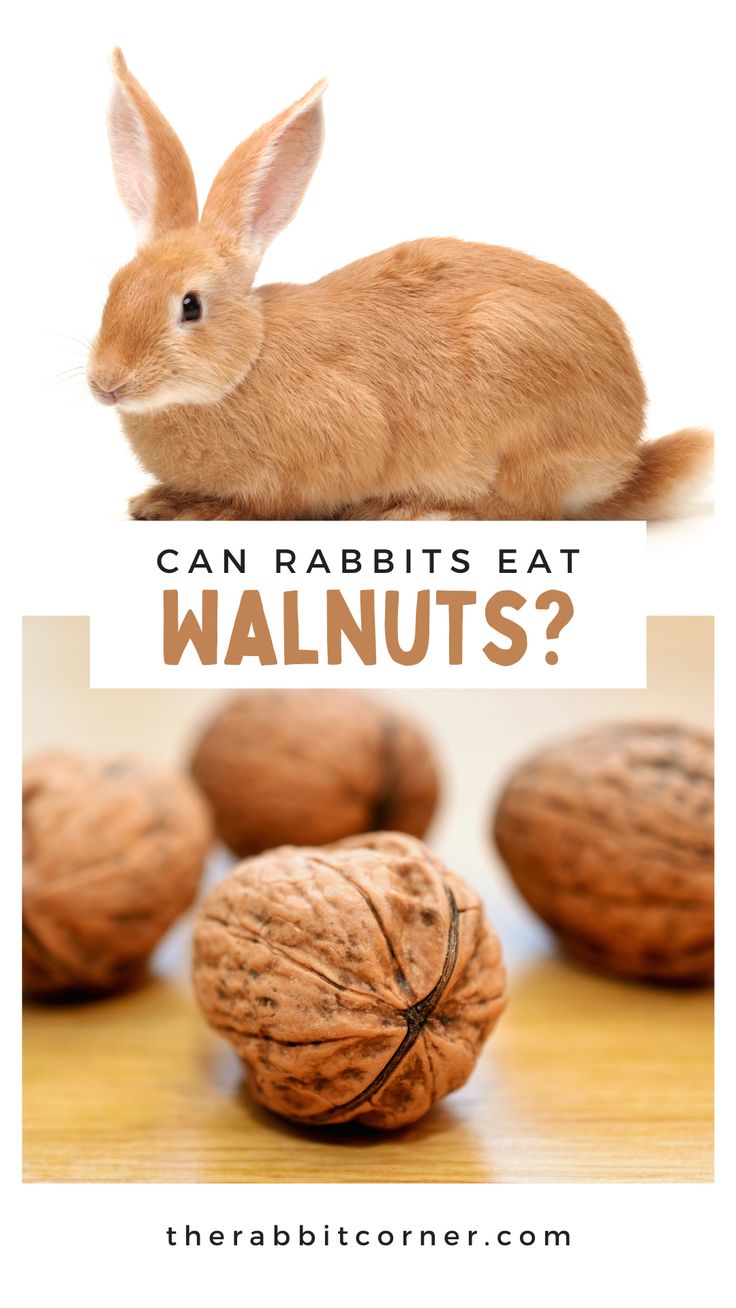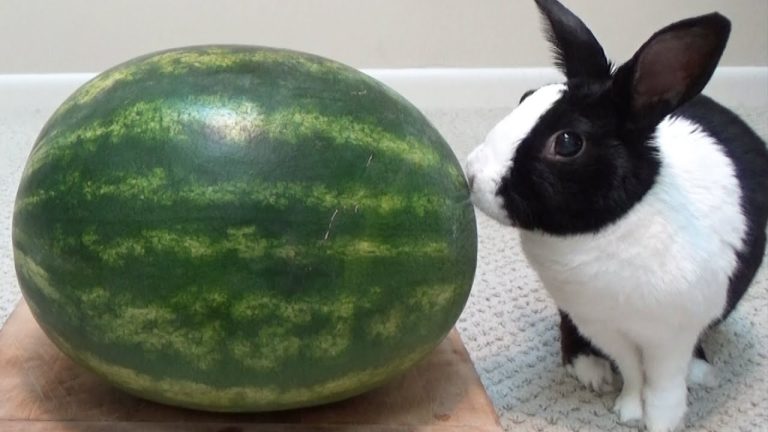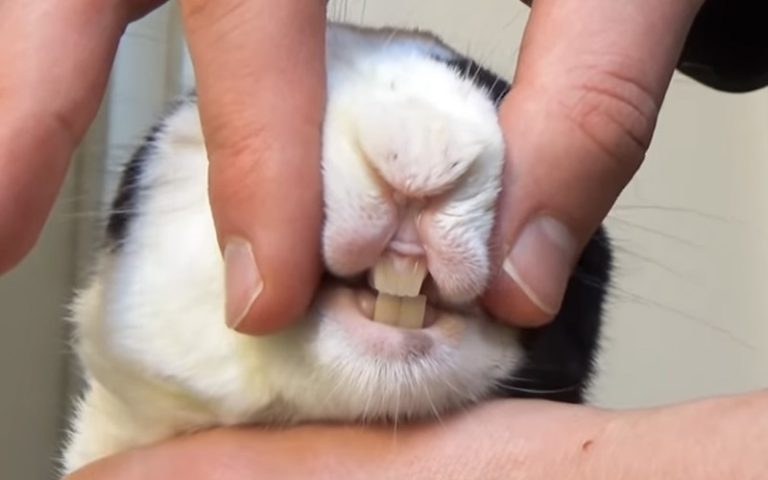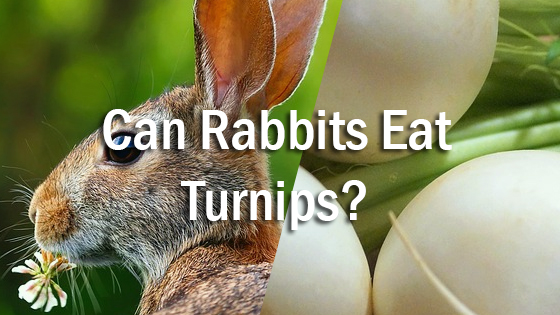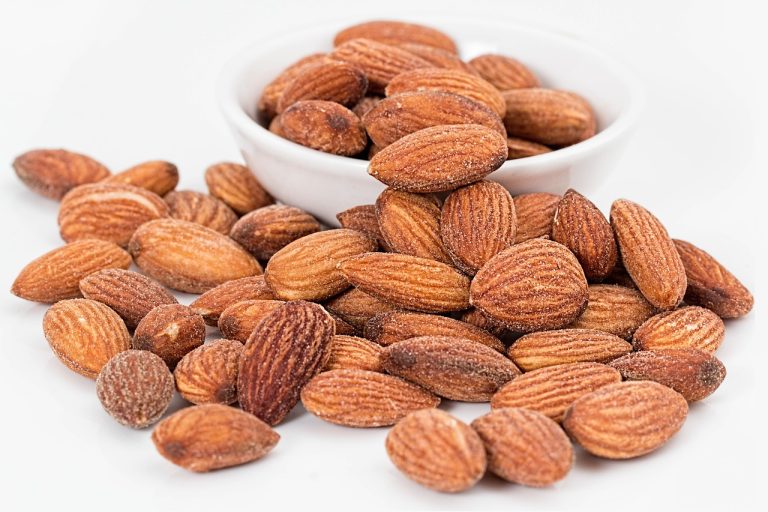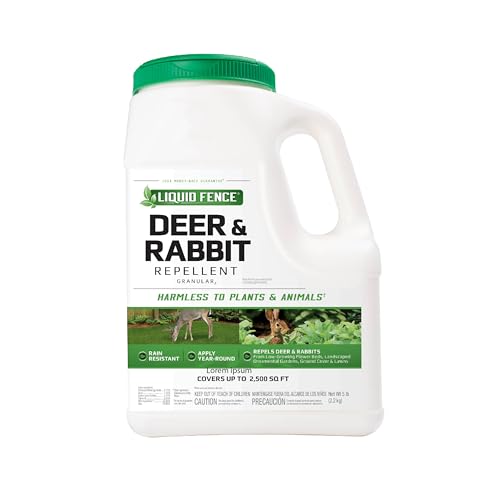Can Rabbits Eat Walnuts? Nutritional Insights Unveiled!
Rabbits should not eat walnuts. These nuts are high in fat and can cause digestive issues for rabbits.
Rabbits have specific dietary needs primarily consisting of hay, fresh vegetables, and a small amount of pellets. Their digestive systems are delicate and designed for high-fiber foods. Nuts, including walnuts, are energy-dense and can lead to obesity and other health problems.
Offering unsuitable foods can disrupt their gut flora, leading to serious complications. It’s crucial to provide a balanced diet to ensure your rabbit remains healthy and active.
The Nutritional Profile of Walnuts
Walnuts are nutrient-dense nuts packed with health benefits. They offer a variety of vitamins, minerals, and healthy fats. Understanding their nutritional profile helps in making informed choices for your rabbit’s diet.
Key Vitamins And Minerals
Walnuts contain several essential vitamins and minerals. Here’s a quick overview:
| Vitamin/Mineral | Benefits |
|---|---|
| Vitamin E | Supports skin and eye health. |
| Vitamin B6 | Helps in brain function and metabolism. |
| Magnesium | Promotes bone health and muscle function. |
| Phosphorus | Important for strong bones and teeth. |
| Iron | Essential for oxygen transport in the blood. |
Fats And Proteins In Walnuts
Walnuts are high in healthy fats and proteins. Here’s a breakdown:
- Healthy Fats: Contains omega-3 fatty acids.
- Protein: Provides essential amino acids.
- Caloric Density: High in calories due to fat content.
These fats support heart health. They help maintain energy levels. Protein aids in muscle growth and repair.
Risks Of Feeding Walnuts To Rabbits

Feeding walnuts to rabbits poses several significant risks. While walnuts may seem harmless, they can lead to serious health issues. Understanding these risks is essential for keeping your pet healthy.
Choking Hazards
Walnuts can pose a choking risk for rabbits. The hard shell and large size make them difficult to chew. Here are some key points:
- Rabbits have small throats.
- Large pieces can get stuck.
- Choking can lead to severe injuries.
Always supervise your rabbits while they eat. Cut any treats into small, manageable pieces.
Digestive Issues
Rabbits have sensitive digestive systems. Walnuts are high in fat, which can cause problems. Here’s what to know:
- High-fat foods can lead to obesity.
- Fatty diets may cause gastrointestinal stasis.
- Signs of digestive issues include lethargy and bloating.
Monitor your rabbits closely if they consume walnuts. Provide a balanced diet for better health.
Toxicity And Allergic Reactions
Some rabbits may have allergies to walnuts. Even small amounts can be harmful. Consider these facts:
- Symptoms of allergies include itching and swelling.
- In severe cases, it can lead to anaphylaxis.
- Consult a vet if you suspect an allergic reaction.
Always introduce new foods slowly to check for reactions. Keep your rabbit safe by avoiding risky treats.
Safe Foods For Rabbits
Understanding safe foods for rabbits is crucial for their health. Rabbits thrive on a balanced diet. Fresh vegetables and fruits are essential. Some foods are harmful. Knowing which foods are safe helps keep your rabbit happy.
Recommended Vegetables And Fruits
Here is a list of safe vegetables and fruits for rabbits:
| Vegetables | Fruits |
|---|---|
| Carrots | Apples (no seeds) |
| Spinach | Blueberries |
| Romaine lettuce | Strawberries |
| Bell peppers | Peaches (no pit) |
| Broccoli | Bananas (in moderation) |
Always wash vegetables and fruits before serving. Introduce new items slowly. Watch for any signs of allergies or digestive issues.
Healthy Treat Alternatives
Rabbits enjoy treats but choose wisely. Here are some healthy alternatives:
- Herbs like parsley and cilantro
- Dried flowers such as hibiscus or dandelion
- Small amounts of oats
- Timothy hay cubes
Avoid sugary or processed treats. These can harm your rabbit’s health. Always prioritize fresh, natural options.
How Rabbits Process Foods
Understanding how rabbits process food is essential for their health. Rabbits have a unique digestive system. It helps them break down tough plant materials. This process is vital for their overall well-being.
Rabbit Digestive System Explained
The rabbit’s digestive system is quite different from other animals. Here’s a simple breakdown:
- Mouth: Rabbits chew food thoroughly.
- Stomach: Food mixes with acids and enzymes.
- Small Intestine: Nutrients are absorbed here.
- Large Intestine: Fermentation occurs, breaking down fiber.
- Cecum: Produces cecotropes, which rabbits eat for nutrients.
The Importance Of Fiber
Fiber plays a key role in rabbit digestion. It helps maintain a healthy gut. Here are some important points about fiber:
- Encourages normal gut movement.
- Prevents obesity by promoting fullness.
- Supports dental health by wearing down teeth.
- Helps in the production of cecotropes.
Without enough fiber, rabbits may face serious health issues. Foods high in fiber include:
| Food | Fiber Content (%) |
|---|---|
| Timothy Hay | 30-50 |
| Romaine Lettuce | 1-2 |
| Carrots | 2-3 |
Rabbits should have a diet rich in fiber. This keeps their digestive system running smoothly.
Expert Opinions On Rabbits And Nuts
Understanding what rabbits can eat is vital for their health. Many pet owners wonder about feeding their rabbits nuts, especially walnuts. Experts provide valuable insights on this topic.
Veterinarian Recommendations
Veterinarians generally advise against feeding rabbits nuts. Nuts contain high fat and protein levels. These can harm a rabbit’s sensitive digestive system.
- High-Fat Content: This can lead to obesity.
- High Protein Levels: May cause kidney issues.
- Digestive Problems: Nuts can disrupt gut flora.
Always prioritize fresh hay, vegetables, and a small amount of pellets. These foods are safer and more nutritious for rabbits.
Research On Small Pets And Nuts
Studies show nuts are not suitable for small pets. Rabbits, specifically, face risks from nut consumption. Below is a summary of the research findings:
| Study | Findings |
|---|---|
| Pet Nutrition Journal | High fat leads to obesity in rabbits. |
| Small Animal Digest | Excess protein can harm kidneys. |
| Veterinary Science Review | Nuts disrupt digestive health in small pets. |
Pet owners must focus on appropriate diets. Fresh vegetables and hay are optimal choices. Keep nuts away from rabbits to ensure their health.
Creating A Balanced Rabbit Diet
A balanced diet is crucial for a rabbit’s health. Rabbits thrive on a variety of foods. Fresh hay, vegetables, and small amounts of fruits are essential. Understanding what rabbits can eat helps keep them healthy.
Daily Feeding Guidelines
Follow these daily feeding guidelines for your rabbit:
- Provide unlimited fresh hay. It aids digestion.
- Offer 2 cups of fresh vegetables per 6 lbs of body weight.
- Limit fruits to 1-2 tablespoons per 6 lbs. Use them as treats.
- Introduce new foods slowly. Monitor for any changes.
Here’s a simple table for daily serving sizes:
| Food Type | Serving Size |
|---|---|
| Fresh Hay | Unlimited |
| Fresh Vegetables | 2 cups per 6 lbs |
| Fruits | 1-2 tablespoons per 6 lbs |
Monitoring Rabbit Health
Regularly monitoring your rabbit’s health is vital. Look for signs of illness or discomfort. Check their weight and fur condition.
Keep an eye on their eating habits. A sudden change may indicate a problem. Ensure your rabbit stays hydrated. Fresh water must always be available.
Watch for these signs:
- Changes in appetite
- Weight loss or gain
- Unusual behavior
- Lethargy or inactivity
Consult a vet if you notice any issues. Early detection can prevent serious health problems.
Faqs About Rabbits And Their Diet
Understanding what rabbits can eat is crucial for their health. Many pet owners have questions about their rabbit’s diet. Below are some common questions and answers about rabbits and their dietary needs.
Can Rabbits Eat Nut-based Products?
Rabbits should not eat nut-based products, including walnuts. Nuts contain high fat levels. This fat can upset a rabbit’s digestive system. It can lead to serious health issues. Here are some facts about rabbits and nuts:
- High Fat Content: Nuts are very fatty.
- Digestive Issues: Rabbits cannot digest fat well.
- Risk of Obesity: Eating nuts can cause weight gain.
- Health Risks: Fatty foods can lead to liver problems.
Always choose hay, fresh veggies, and limited pellets. These are better for your rabbit’s diet.
Signs of Poor Nutrition In Rabbits
Monitoring your rabbit’s health is important. Poor nutrition can lead to serious issues. Here are signs to watch for:
| Sign | Description |
|---|---|
| Weight Loss | Rabbit loses weight rapidly. |
| Lethargy | Rabbit shows low energy levels. |
| Soft Stool | Rabbit has runny or soft droppings. |
| Poor Coat Condition | Fur looks dull or unkempt. |
| Reduced Appetite | Rabbit eats less than usual. |
Consult a vet if you notice these signs. Proper nutrition is key for a happy, healthy rabbit.
Credit: es.pinterest.com
Frequently Asked Questions
Can Rabbits Safely Eat Walnuts?
No, walnuts are not safe for rabbits due to their high-fat content and potential toxicity.
What Nuts Can Rabbits Eat?
Rabbits should avoid nuts entirely, as their digestive systems aren’t equipped to handle them.
Are Walnuts Toxic To Rabbits?
Yes, walnuts can be toxic and lead to digestive issues or obesity in rabbits.
What Happens If A Rabbit Eats Walnuts?
Eating walnuts can cause gastrointestinal problems and obesity, so immediate veterinary advice is recommended.
Final Question: Can bunnies eat walnuts?
Bunnies can eat walnuts, but only in small amounts. These nuts are high in fat, which isn’t good for their health. Too much fat can lead to obesity and digestive issues in rabbits. If you give a bunny a walnut, make it a rare treat rather than a regular snack.
Always ensure the walnut is unsalted and unflavored.

